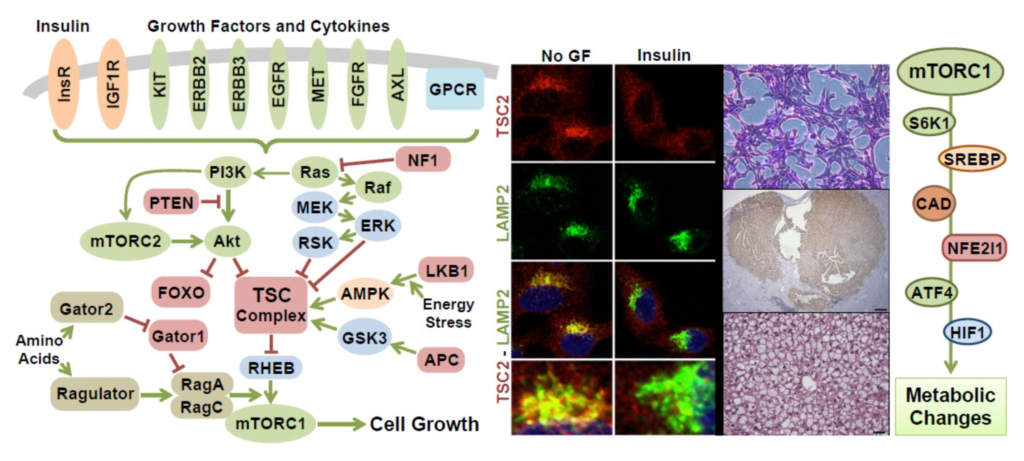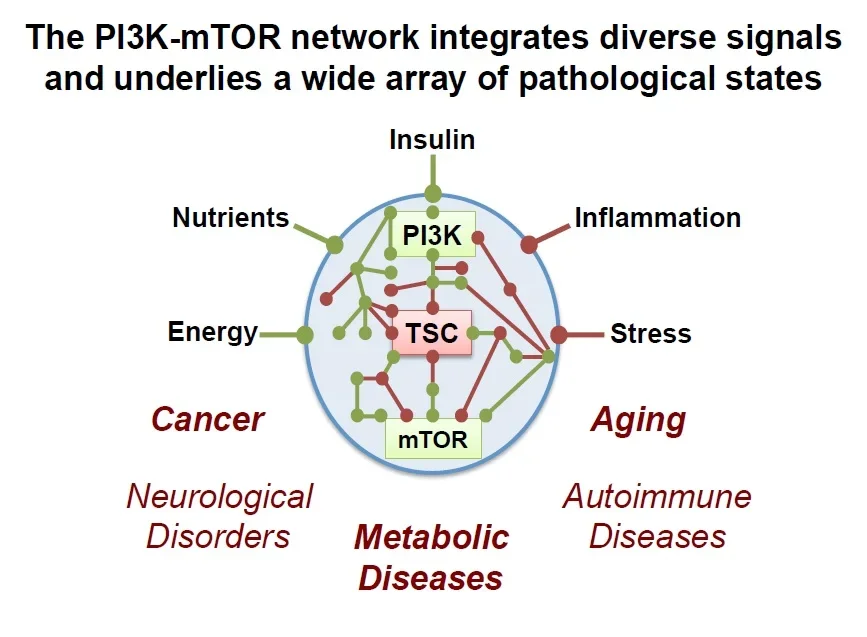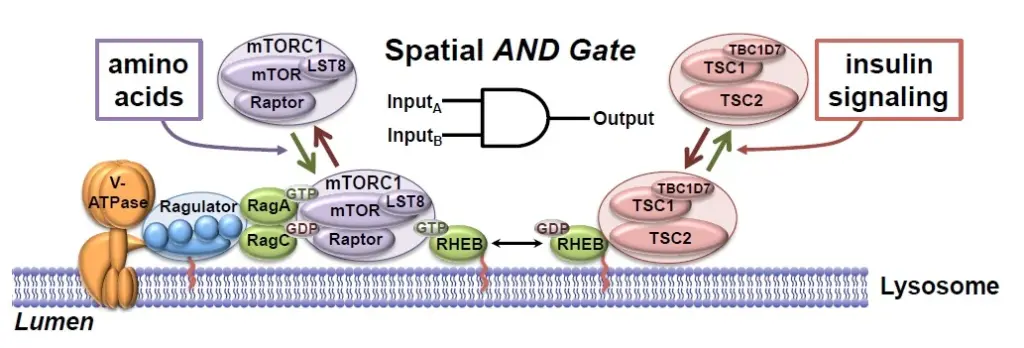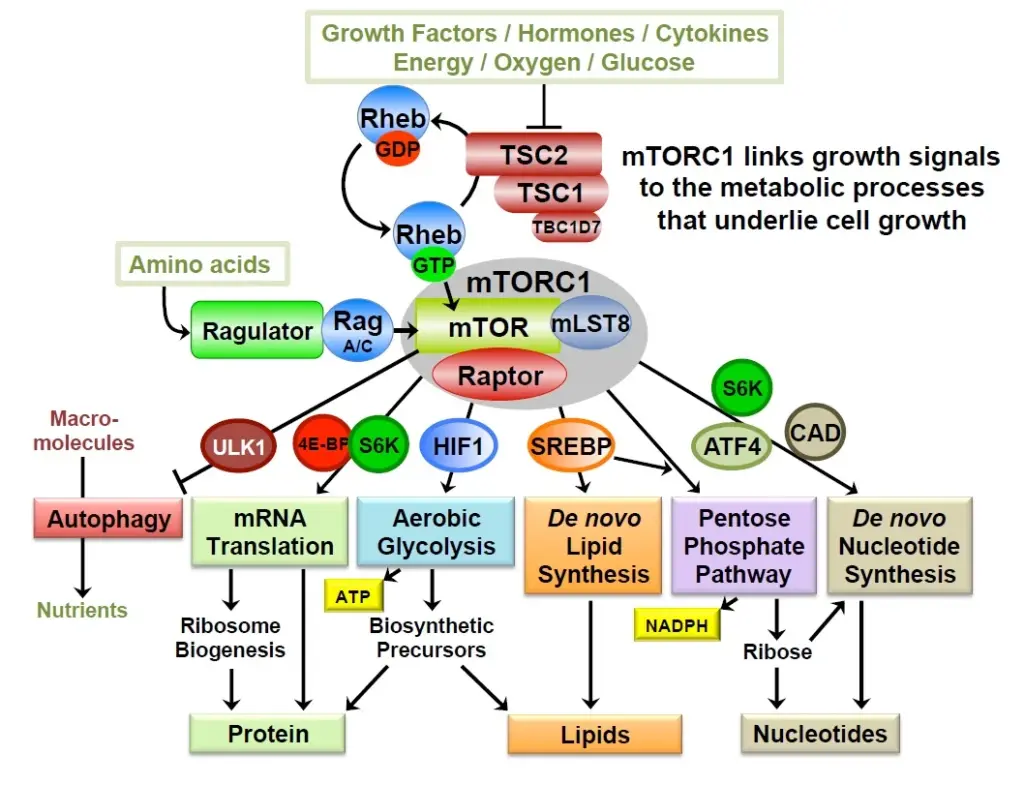Manning Lab
The Manning lab is defining the molecular connections between nutrient signaling and metabolic networks under both physiological and pathological states. Lab researchers are particularly focused on the role of the PI3K-mTOR signaling network in the control of cellular and systemic metabolism and its impact on the insulin response, type-2 diabetes, cancer, neurological disorders, and aging.
665 Huntington Ave
Building 2, Rm. 127
Boston, MA 02115
Welcome to the Manning Lab
Led by Brendan D. Manning, Ph.D., the lab is focused on defining the regulation and function of the PI3K-mTOR signaling network under both physiological and pathological settings.
To do so, a multi-tiered program of hypothesis-driven approaches utilizing genetics, biochemistry, cell biology, and animal models combined with unbiased systems-level tools, including genomics, proteomics, metabolomics, and bioinformatics, is employed.
The lab’s research aims are based on the premise that delineating the complex circuitry of signaling networks within cells will provide insight into how best to directly stimulate or inhibit these pathways, as appropriate, for the prevention or treatment of human diseases, including cancer and type-2 diabetes.

Our Research
Research in the Manning Lab is focused on unraveling the key regulatory circuits that control cell growth. They are delineating how signals from nutrients and growth factors are propagated to coordinately regulate metabolism, with implications in a wide variety of complex human diseases. Research efforts are defining the molecular control mechanisms and functions of the ubiquitous PI3K-mTOR signaling network, which senses and relays signals from nutrients and other growth cues to alter key metabolic processes in cells and tissues.
Frequent dysregulation of the PI3K-mTOR network contributes to a diverse set of seemingly unrelated human diseases, including those with uncontrolled cell growth and metabolism as an underlying feature. This network is aberrantly regulated in, or believed to contribute to, the majority of human cancers, genetic tumor syndromes (e.g, tuberous sclerosis complex, lymphangioleiomyomatosis, PTEN syndrome), metabolic diseases (e.g., obesity, diabetes, cardiovascular disease), autoimmune and inflammatory diseases (e.g., arthritis, lupus, hepatitis), and neurological disorders (e.g., epilepsy, autism, neurodegeneration).

This signaling network also influences the lifespan of organisms and serves as a major connection between diet and the aging process. The Manning lab seeks to decipher the circuitry of the PI3K-mTOR network under both physiological and pathological states, and how its downstream functions contribute to metabolic homeostasis and dysfunction in human health and disease.
Cancer, we now know, is caused by the uncontrolled growth of a single cell. . . In a normal cell, powerful genetic circuits regulate cell division and cell death. In a cancer cell, these circuits have been broken, unleashing a cell that cannot stop growing. That this seemingly simple mechanism – cell growth without barriers – can lie at the heart of this grotesque and multifaceted illness is a testament to the power of cell growth.
Siddhartha Mukherjee, The Emperor of All Maladies

